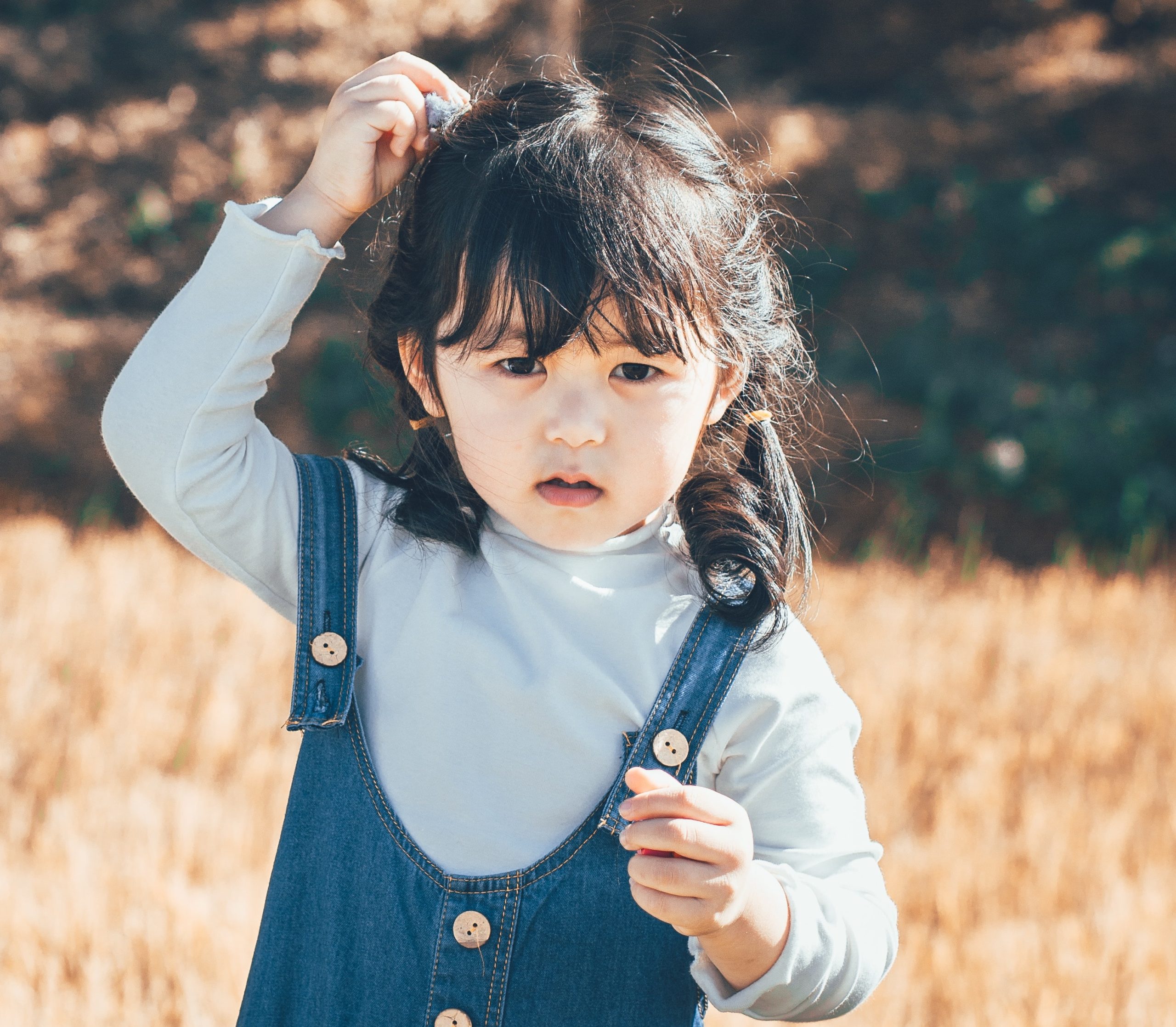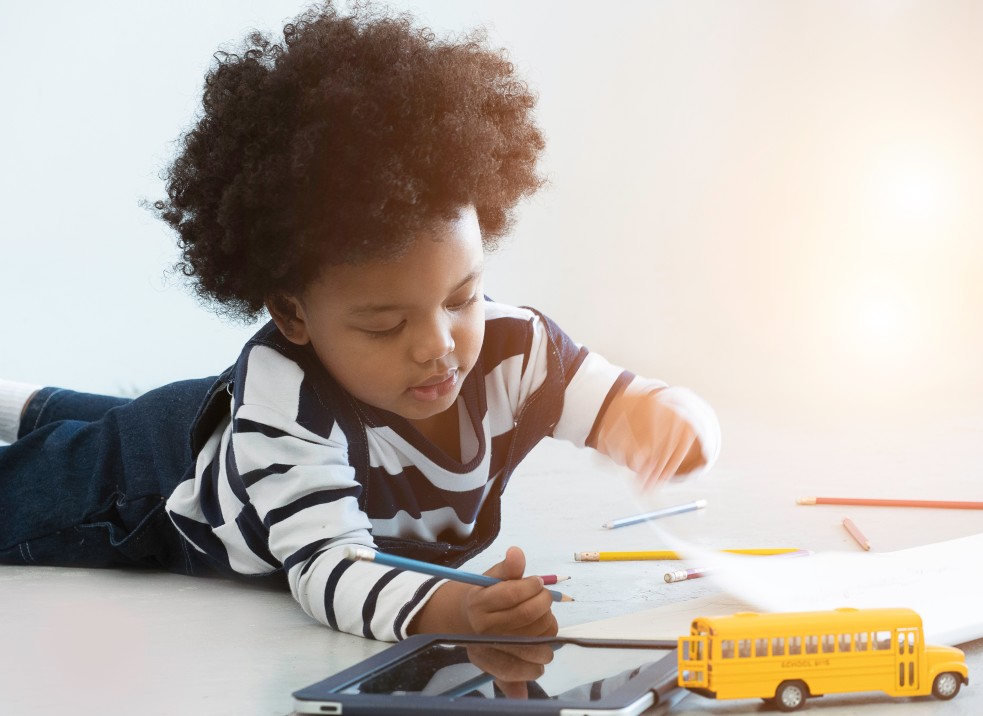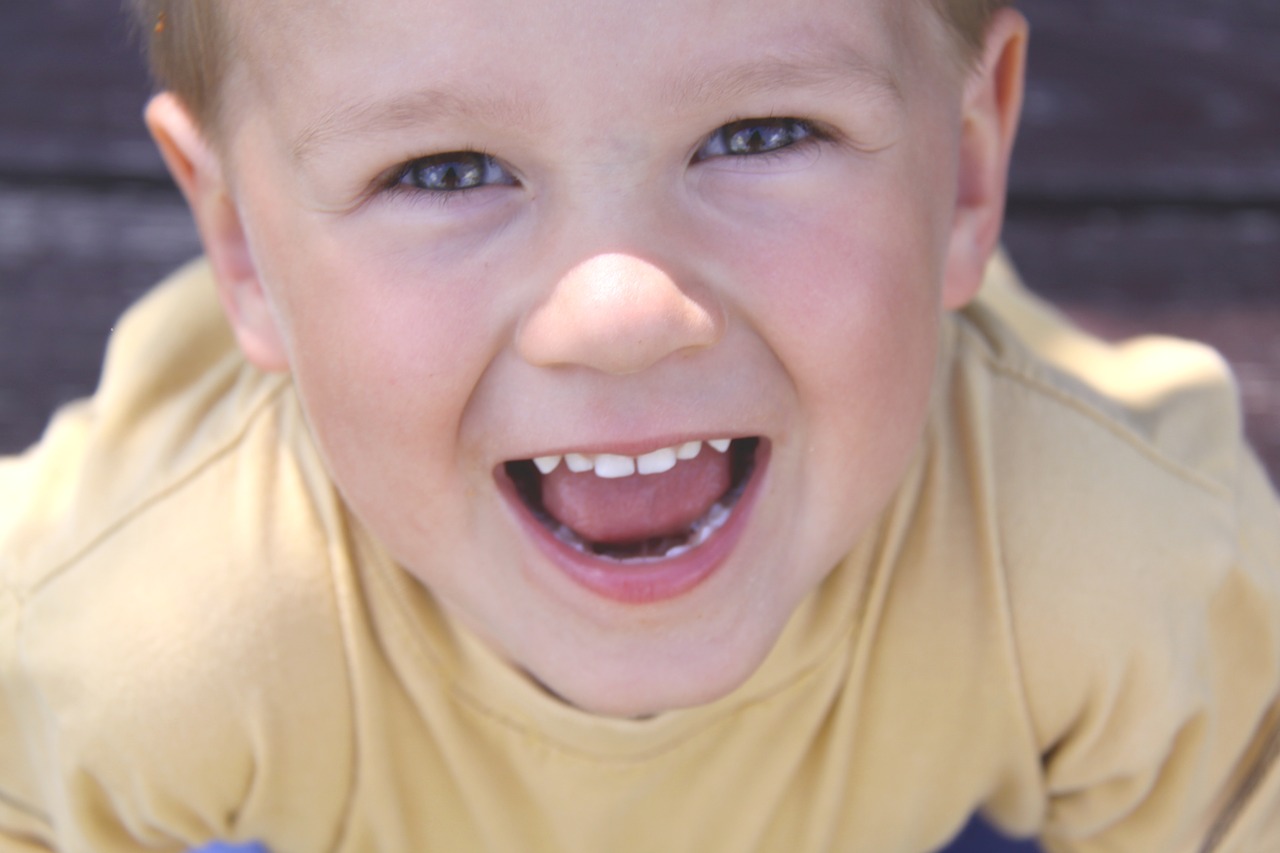 Have lockdown and other COVID-19 measures affected how children acquire the speech and language skills so vital to their academic and social development? And if children’s speech has been held back, what can parents do about it?
Have lockdown and other COVID-19 measures affected how children acquire the speech and language skills so vital to their academic and social development? And if children’s speech has been held back, what can parents do about it?
Impact of lockdowns
Parents have done an amazing job through the pandemic to keep their children safe and healthy. Having few activities available to them and restrictions on seeing extended family has been a challenge for many.
But this has reduced children’s exposure to new vocabulary – to words we might use when we visit the farm, say, or go to see grandma. This is important as we know that vocabulary levels at age two predict children’s performance at school entry, which itself is predictive of later outcomes.
Impact of mask wearing
Widespread mask wearing during the pandemic has also made us realise how much we rely on lipreading. Not being able to see lips move during speech, combined with the dampening effect that wearing a mask has on the sound produced, has made it difficult for us to understand what other people are saying.
In school and pre-school, children may struggle to differentiate between similar sounds, such as “p” and “t”, when their teacher is wearing a mask. That can impact on a child’s speech development or their phonological awareness, which is the ability to break down words into speech sounds to assist with early reading and spelling acquisition.
Masks also obscure facial expression, which contributes to how we understand the meaning behind the words we hear. When this is taken away, not only is the potential for misunderstanding (and mislearning) increased but there can also be an impact on children’s development of social and emotional skills.
What can be done to help?
There are several key things that parents can do to support their child in learning to speak. From day one, talk to your baby about whatever they show an interest in. Use simple sentences and make your voice sound interesting by using lots of intonation and facial expression. Babies and toddlers like and need lots of repetition so if your child is looking at a bus then say lots about the bus, describing what it looks like, talking about how it moves and saying the word “bus” over and over again.
The same principles apply as children get older. Talk to them about the things which interest them. Respond to what your child says and does, so that they start to link words and sentences with meaning. Now that restrictions are easing, look for opportunities to develop your child’s vocabulary by visiting places such as libraries, city farms, parks and gardens and meeting up with friends and family.
Most children will respond quickly. But for those who continue to struggle, talking to a health visitor or teacher and a speech and language therapist will help determine whether more support is needed.
Excerpted from “How Lockdown Has Affected Children’s Speech – and What Parents Can Do to Help” in The Conversation. Read the full article online.
Source: The Conversation | How Lockdown Has Affected Children’s Speech – and What Parents Can Do to Help, https://theconversation.com/how-lockdown-has-affected-childrens-speech-and-what-parents-can-do-to-help-160886 | Copyright © 2010–2022, The Conversation US, Inc
A screening can help you determine if your child’s language development is delayed. Call or email our Care Coordinators at 650.688.3625 or careteam@stage.chconline.org to set up a free 30-minute consultation appointment.





